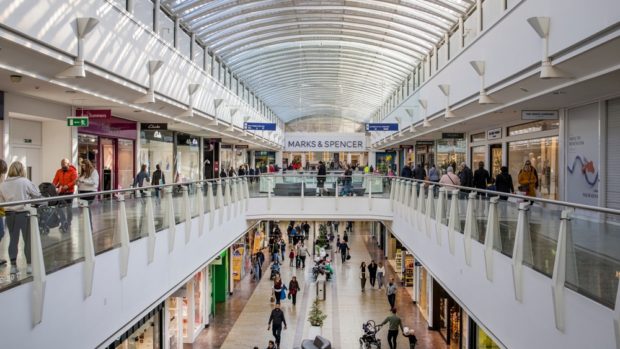A new report from Barclays Corporate Banking has revealed the retail and wholesale sector has suffered extreme changes in its supply chains and consumer demand since the start of the pandemic.
For both retailers and wholesalers, a key impact of Covid-19 was on supply chains. Before the pandemic, the average supply chain took five weeks from start to end but this has since doubled to ten weeks, the report found. Now, firms do not expect supply to return to normal until at least March 2021.
Despite this, many retailers have been able to trade on, thanks to a huge surge in sales, Barclays says. Over half of all retailers (55 per cent) saw an increase in demand, which for three quarters (73 per cent) caused temporary product shortages. Among those who saw the biggest increase in orders were DIY and garden (74 per cent), food and drink (63 per cent) and sports and leisure (62 per cent) businesses.
Whilst most wholesalers saw the opposite effect, with 53 per cent experiencing a fall in demand due to the closure of restaurants, bars and pubs, nearly a third (29 per cent) saw a significant increase in orders. According to Barclays, this could have been down to consumers changing their buying behaviours and trying new hobbies during lockdown – with the smallest and largest wholesalers benefiting the most (32 per cent and 43 per cent experiencing a significant increase in orders, respectively).
For many businesses, major events in recent years meant they had no choice but to adapt. To prepare for Brexit, for example, many firms had altered their logistics (31 per cent), diversified their supply chains (28 per cent) and began stockpiling (24 per cent). As a result, one in four (39 per cent) businesses felt that getting ready for Brexit enabled them to deal better with Covid-19.
In turn, handling the pandemic left retailers and wholesalers feeling more equipped for the end of the Brexit transition period on 31 December. Those feeling better prepared have had their supply chains stress-tested (54 per cent) and as a result, made changes to it (47 per cent). Meanwhile, 55 per cent think the economic impacts of Brexit will not be as severe as those of the virus.
Karen Johnson, head of retail, wholesale & healthcare at Barclays Corporate Banking, said: “While retailers and wholesalers have had no shortage of challenges and complications over the past few years, there is clearly an upside for the sector. Businesses have been forced to make big changes, and it seems that as a result, they are more agile and adaptable than ever.
“With the pandemic still impacting businesses across the UK, and the ‘return to normal’ likely to be a long way off, many of these changes will last, leading to long-term change for the market.
“While firms are in survival mode, they must not lose sight of their long-term priorities, like sustainability, and treating staff fairly at all levels of the supply chain. Ultimately, these are the things that businesses and their customers care about, and matter most for lasting success.”
Changing consumer preferences over the past decade has pushed businesses to go online, with the UK now home to the third largest percentage of online shoppers (80 per cent) in the world. Retailers have also been ‘going local’, responding to over half (55 per cent) of UK consumers who want to shop closer to home.
Covid-19 has accelerated this transition. One in three retailers (31 per cent) have reduced their physical footprint this year, especially in city centres (29 per cent) and nearly a quarter (24 per cent) have moved into more local areas.
Wholesalers have in turn reacted. Over half (52 per cent) of businesses have begun selling directly to consumers since the virus began, cutting out the middleman for the first time.
With firms expecting demand and supply to return to normal between March and May next year and 61 per cent concerned that a second Covid-19 wave will cause further shortages, many will choose to cement these changes, leading to greater and faster change to the market. eCommerce, for example, is set to be a top priority for 47 per cent of retailers in the coming years.








Share